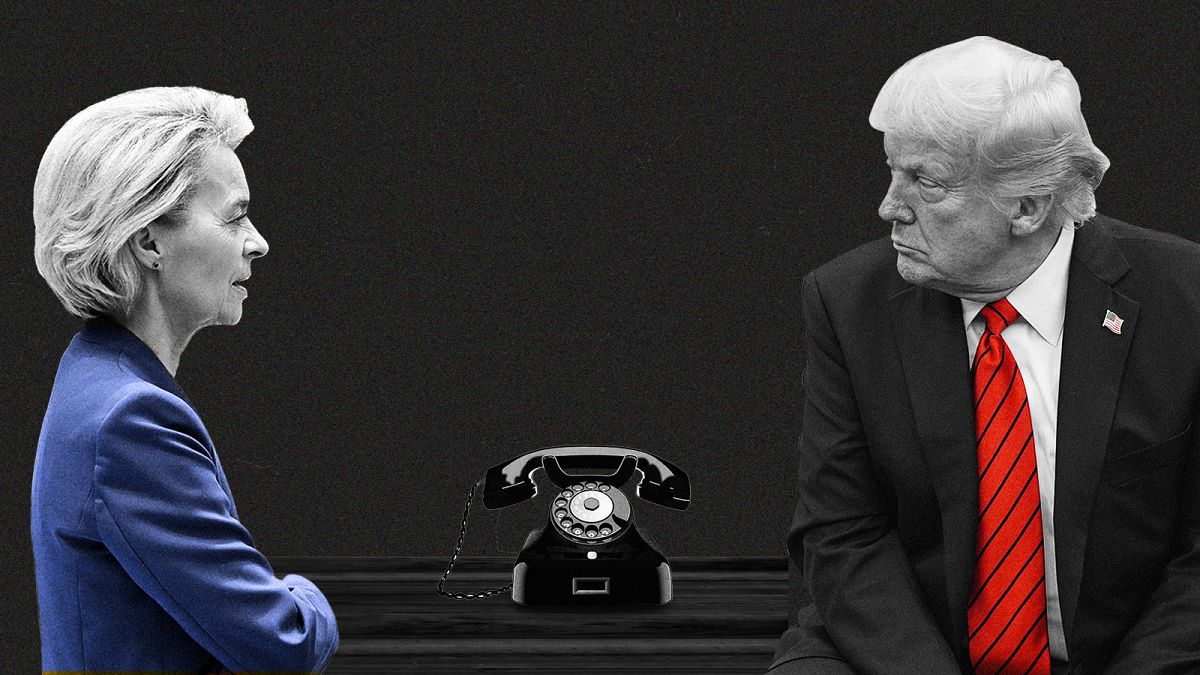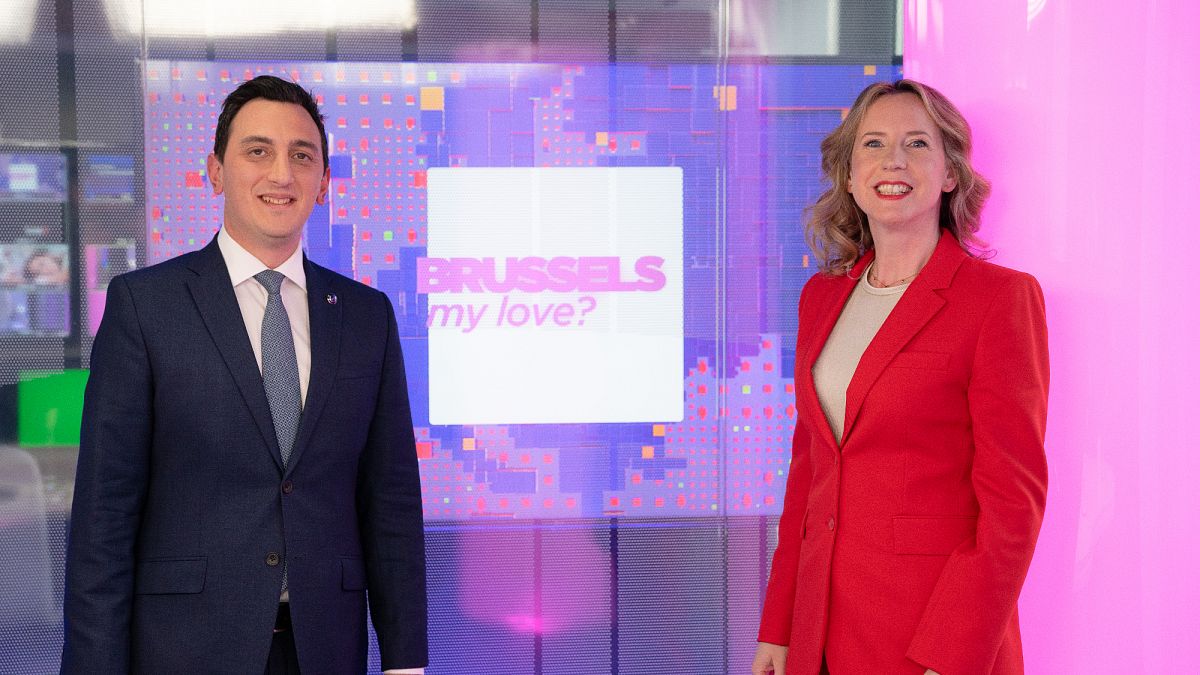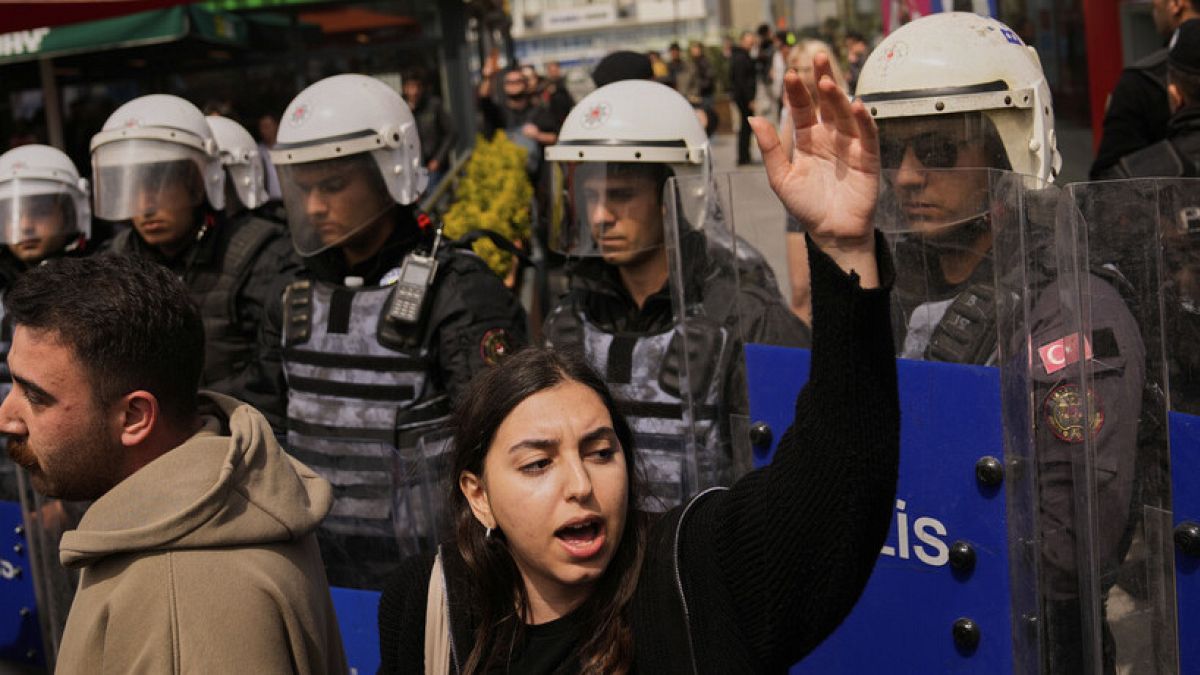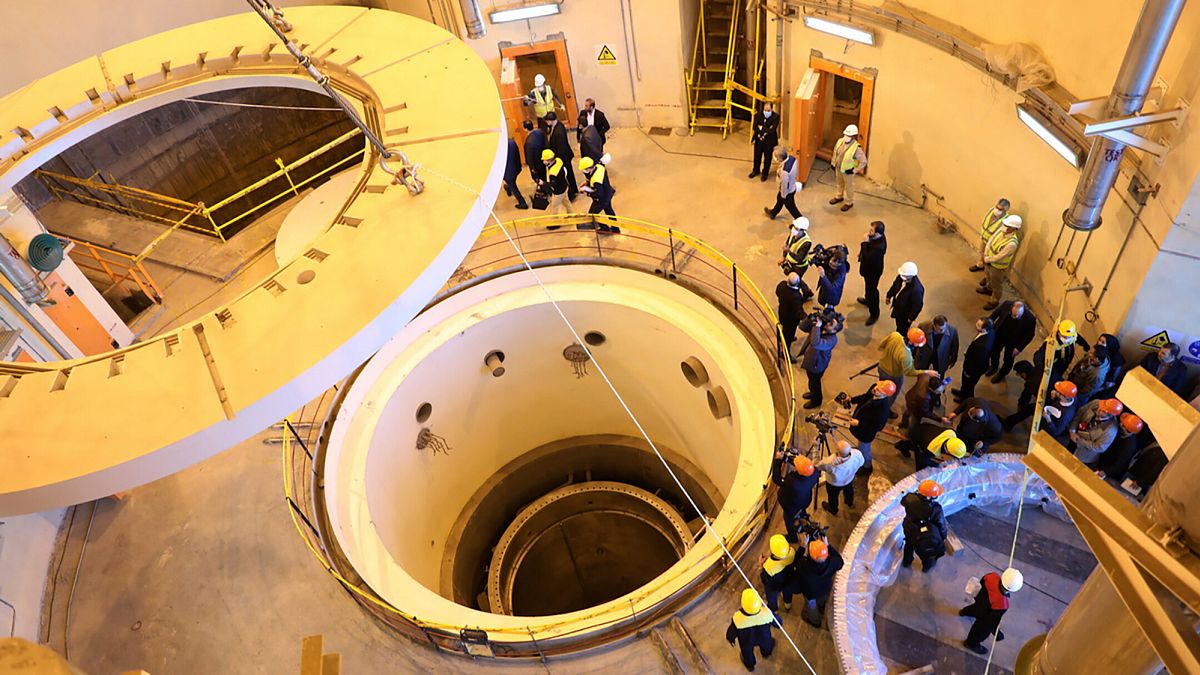The Ipsos B&A poll released as voting ended at 23CET showed the centre-right party Fine Gael was leading with 21% of the, with its centre-right coalition partner in the outgoing government, Fianna Fáil polling at 19.5%.
The official exit poll in Ireland's parliamentary elections suggests the three biggest parties have won roughly equal shares of the vote and the country is headed for another coalition government.
The Ipsos B&A poll released as voting ended at 23CET showed the centre-right party Fine Gael was leading with 21% of the, with its centre-right coalition partner in the outgoing government, Fianna Fáil polling at 19.5%.
Coming in third is the left-of-centre Sinn Féin at 21.1%.
Counting of ballots starts on Saturday morning and because Ireland uses a complex system of proportional representation known as the single transferrable vote, it can take between several hours and several days for full results to be known.
The result will show whether Ireland bucks the global trend of incumbent governments being ousted by disgruntled voters after years of pandemic, international instability and a cost-of-living pressures.
Sinn Féin, which had urged people to vote for change, hailed the result.
"There is every chance that Sinn Féin will emerge from these elections as the largest political party," Sinn Féin director of elections Matt Carthy told public broadcaster RTÉ.
Though Sinn Féin, which aims to reunite Northern Ireland with the independent Republic of Ireland, could become the largest party in the 174-seat Dáil, the lower house of parliament, it may struggle to get enough coalition partners to form a government.
Both Fine Gael and Fianna Fáil have refused to form alliances with it.
The outgoing government was led by the two parties who have dominated Irish politics for the past century: Fine Gael and Fianna Fáil.
They have similar centre-right policies but are long-time rivals with origins on opposing sides of Ireland’s 1920s civil war.
After the 2020 election ended in a virtual dead heat they formed a coalition, agreeing to share Cabinet posts and take turns as Taoiseach, or prime minister.
Fianna Fáil leader Micheál Martin served as premier for the first half of the term and was replaced by Fine Gael’s Leo Varadkar in December 2022.
Varadkar unexpectedly stepped down in March, passing the job to current Taoiseach, Simon Harris.
Opposition party Sinn Féin achieved a stunning breakthrough in the 2020 election, topping the popular vote, but was shut out of government because Fianna Fáil and Fine Gael refused to work with it, citing its leftist policies and historic ties with militant group the Irish Republican Army during three decades of violence in Northern Ireland.
Under Ireland's system of proportional representation, each of the 43 constituencies elects multiple lawmakers, with voters ranking their preferences. That makes it relatively easy for smaller parties and independent candidates with a strong local following to gain seats.
The cost of living and access to affordable housing dominated the campaign trail.
Ireland has an acute housing shortage, the legacy of failing to build enough new homes during the country's 'Celtic Tiger' boom years and the economic slump that followed the 2008 global financial crisis.
The result is soaring house prices, rising rents and growing homelessness.
Tangled up with the housing issue is immigration, a fairly recent challenge to a country long defined by emigration.
Recent arrivals include more than 100,000 Ukrainians displaced by war and thousands of people fleeing poverty and conflict in the Middle East and Africa.
This country of 5.4 million has struggled to house all the asylum-seekers, leading to tent camps and makeshift accommodation centres that have attracted tension and protests.
Unlike many European countries, Ireland does not have a significant far-right party, but far-right voices on social media seek to drum up hostility to migrants, and anti-immigrant independent candidates are hoping for election in several districts.

 4 months ago
40
4 months ago
40






 We deliver critical software at unparalleled value and speed to help your business thrive
We deliver critical software at unparalleled value and speed to help your business thrive






 English (US) ·
English (US) ·